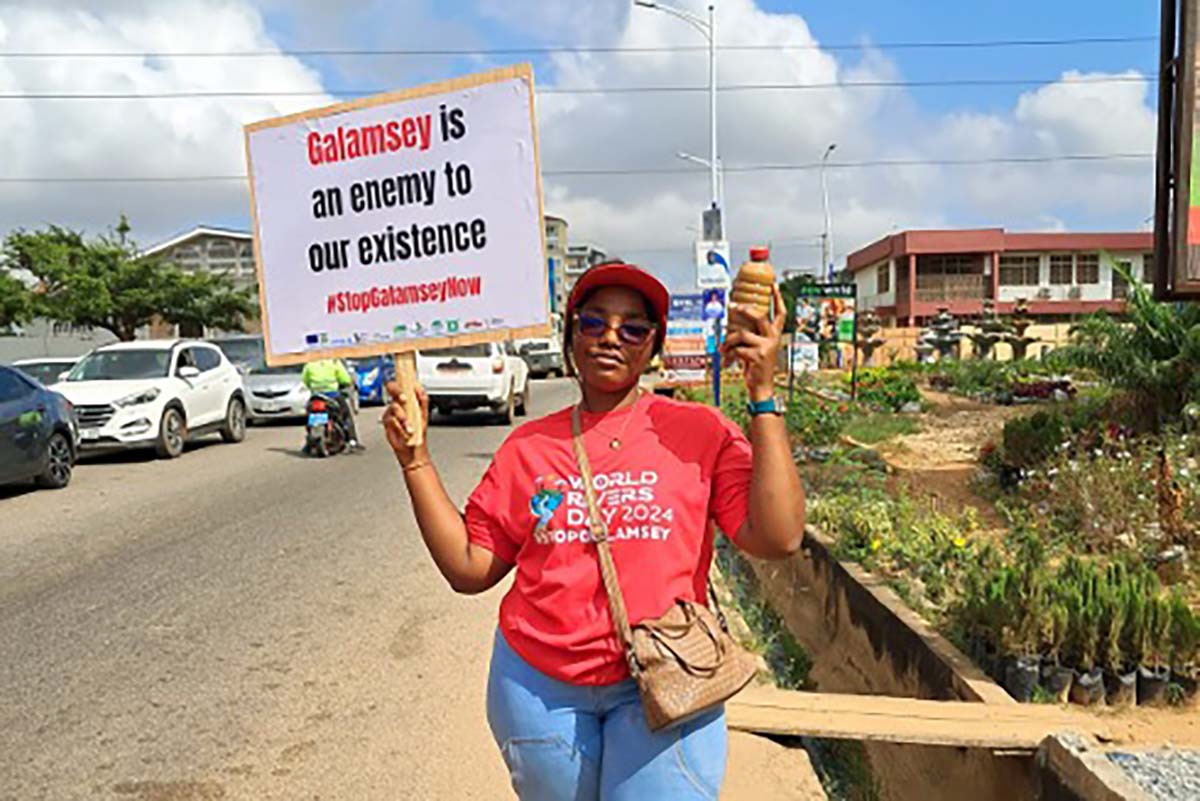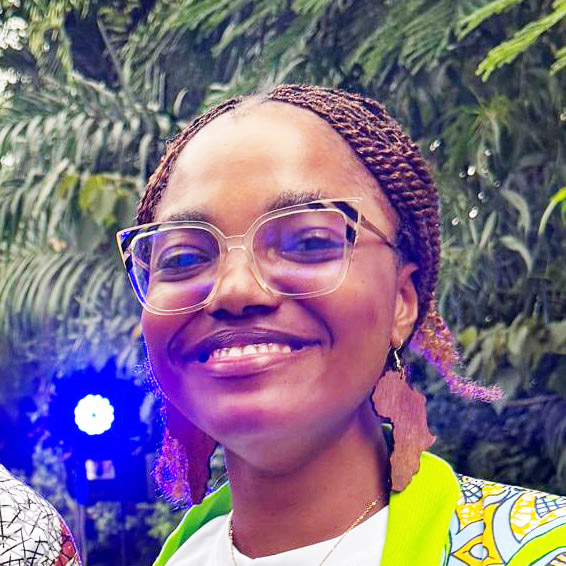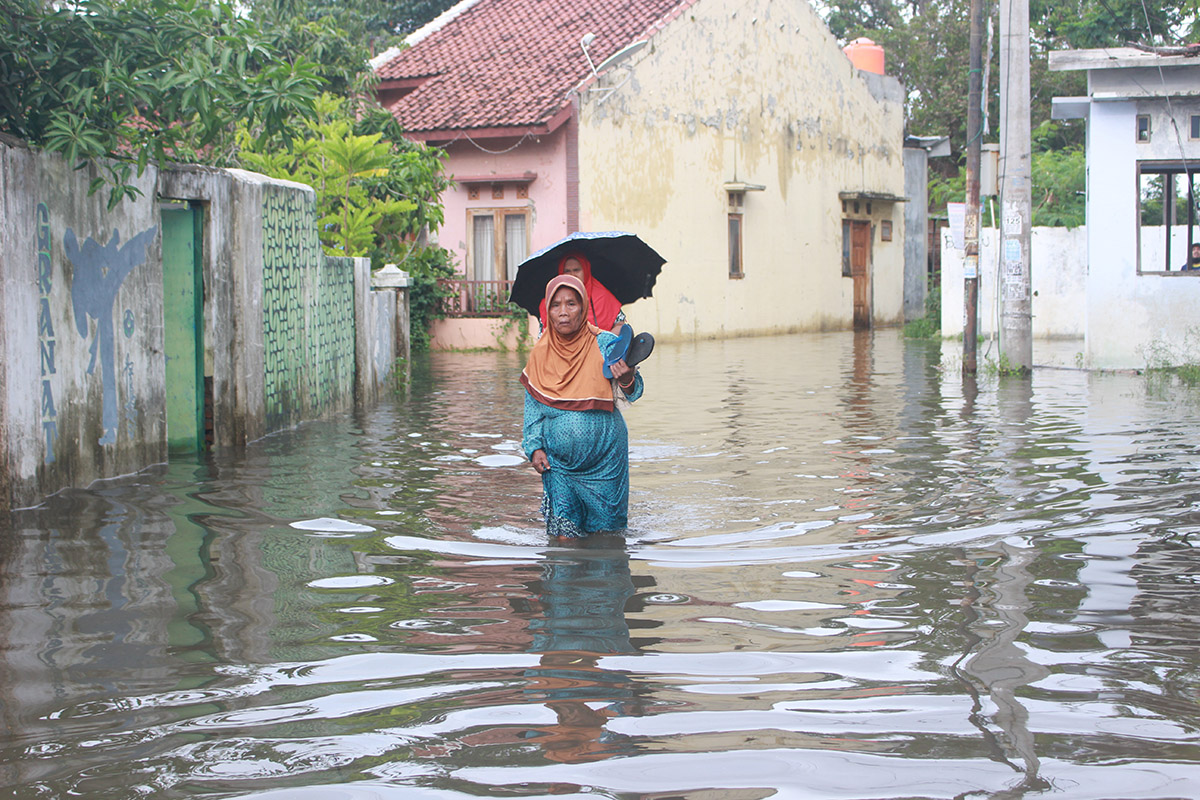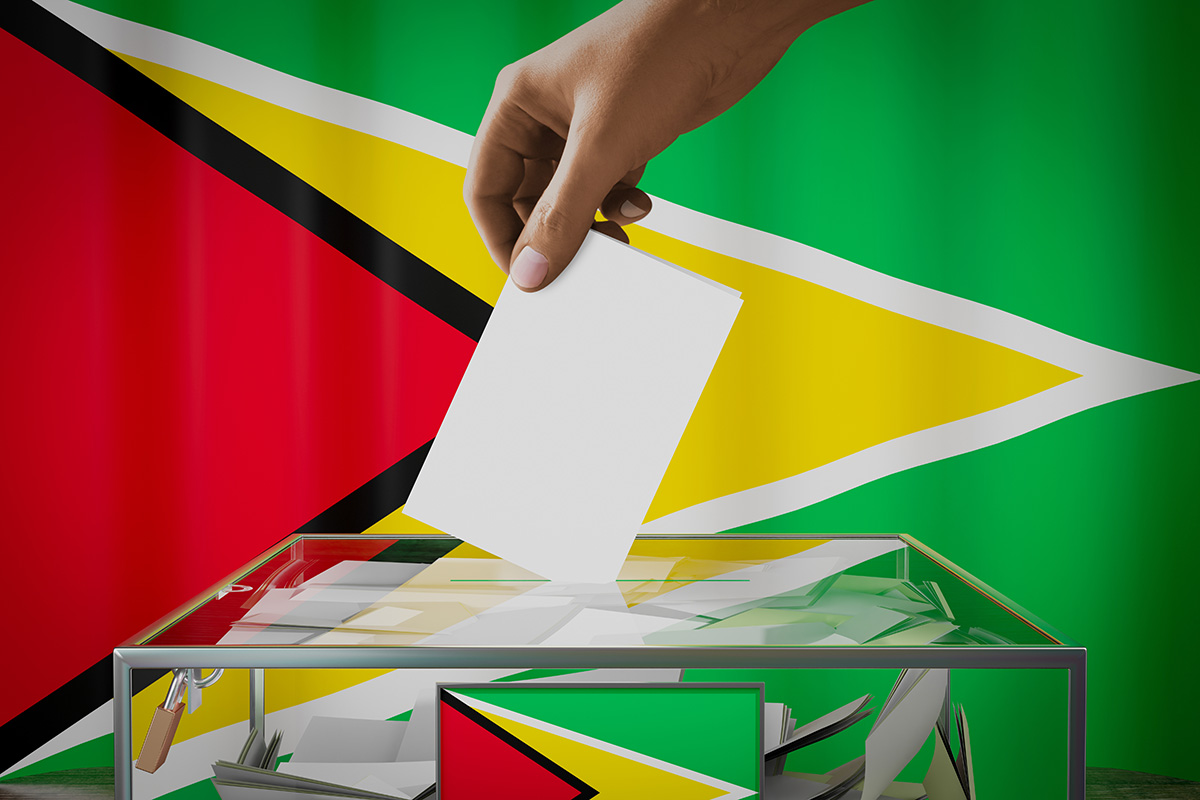From Clicks to Bricks; Youth Resilience in Nation-Building
December 1by Ewura Adwoa Larbi
It’s been weeks, a little over seven. And yet, I cannot condemn this poignant moment in the history of the Ghanaian youth to the oblivion of muddied waters. If you asked me, it was the highlight of a significant year in our democracy. One day, the march left the proverbial group chat, and engraved indelible footprints in its wake.
Typically, a viral movement lives as long as the buzz in the media, and then just as suddenly dies down. For years, Ghana has battled with illegal mining called Galamsey. We’ve been blessed with enormous deposits of natural minerals, especially alluvial, which ideally should have been responsibly sourced. The issues on Galamsey are so multifaceted that I decided this piece was not to give you a historical narrative. Instead, I write to highlight young people’s unprecedented participation in resolving a national crisis.
It is common in a democracy, for organized groups, especially the opposition, to hold demonstrations when they disagree with the incumbent’s decisions. But quite unique when it seems members of all different factions join heads to demonstrate against an issue. That is what I believe ensued when the #Freethecitizens protest occurred from 3rd to 5th October, 2024 on the streets of Accra.
This protest followed the original #Stopgalamseynow demonstration, where some young people were controversially detained by the police, during the march. Highly politicized, the protest which was meant to demand the government take sustainable action against Galamsey – illegal surface mining in water bodies, causing pollution, leading to birth defects, and more severe health consequences – was downgraded to mere propaganda and its heart to demand better for the citizenry, crushed. These unfair arrests were the catalyst for various groups, especially young people to step out, add their voices and demand an end to Galamsey and the unlawful detention of some peaceful protestors.
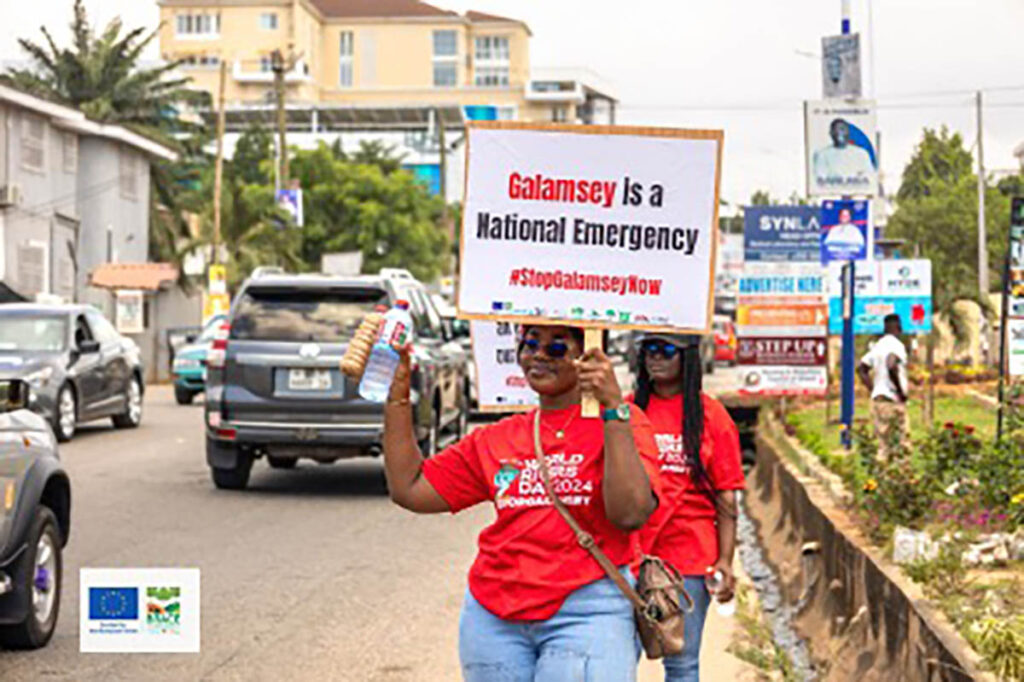
It didn’t help when I joined a coalition of NGOs to hold a street picketing activity for World Rivers Day few days after, in solidarity with the #Stopgalamseynow protest. I received many calls from loved ones to ascertain my safety and caution me against stepping out to protest, especially as some media coverage had my face appear on television. This made me feel stifled in a way that no true democracy should. The stance of the police seemed to threaten any citizen who dared to join the different groups demonstrating against Galamsey.
As a result, I was pleasantly surprised how quickly many young people hopped unto the hashtag #Freethecitizens overnight, and pooled resources on social media to march for their colleagues’ release. I also remember the discouragement of the naysayers who believed that as a peaceful people, such large scale protest was just talk on social media and couldn’t materialize. But it did happen, and it did lead to international media coverage and interest, and even better, the move to repeal LI 2462 which promotes mining in forest reserves.
More importantly, It led to the release of the unlawfully detained protestors. It was to me, a testament to the growing resilience of the young Ghanaian, and the critical role of youth leadership in reinforcing democratic values and structures. The unprecedented turnout across the three days, was evidence that when young people put their minds to it, they could drive greater civic engagement and participation, to combat pertinent global issues, and ensure a more inclusive, responsive, and resilient democracy.
This one incident was one that most resonated with the 2024 CHOGM theme of building resilience for our common future and I hope the young people of The Commonwealth keep championing the change we want to see, in spite of mounting pressures.
